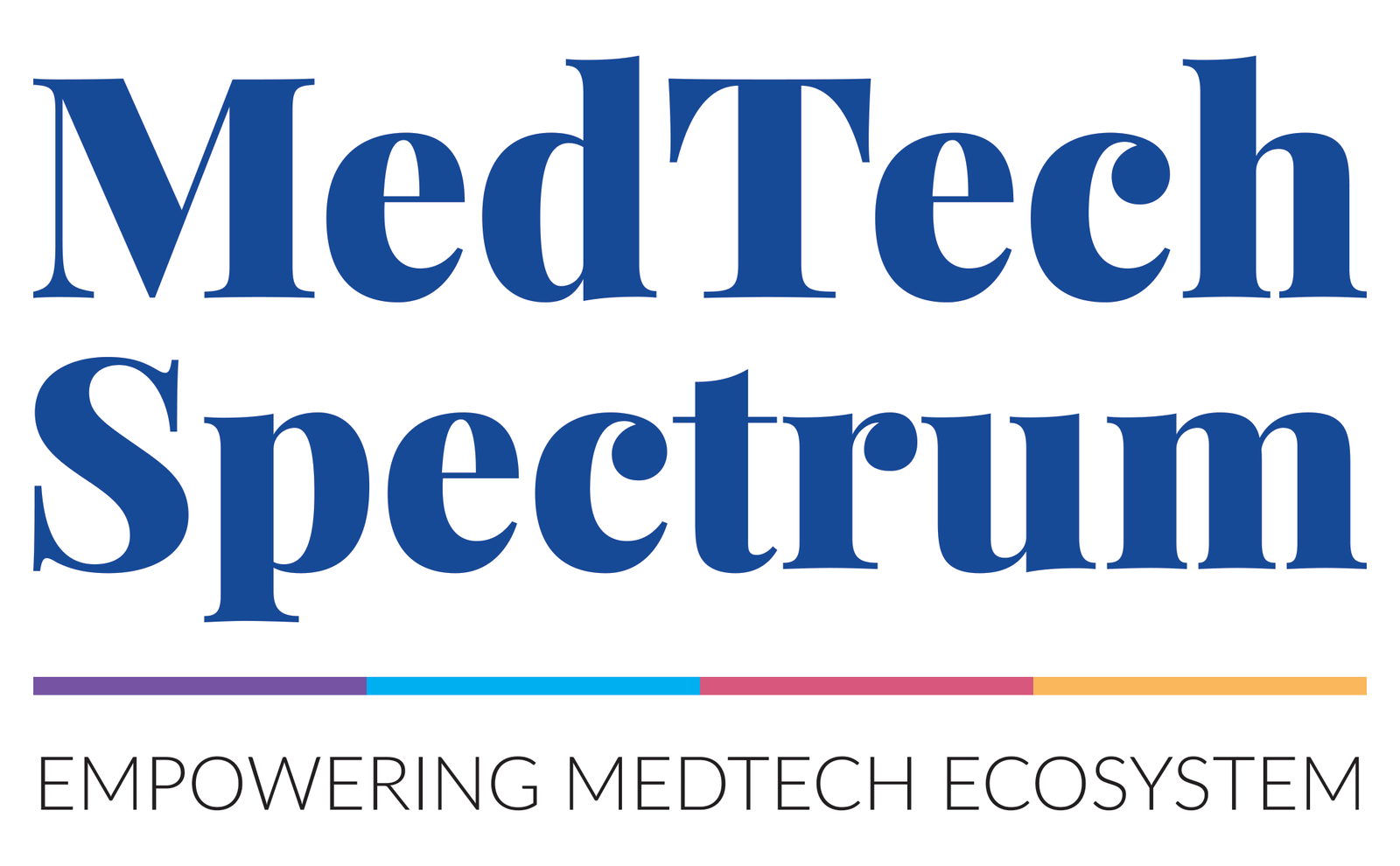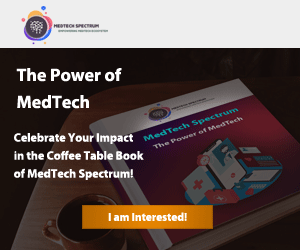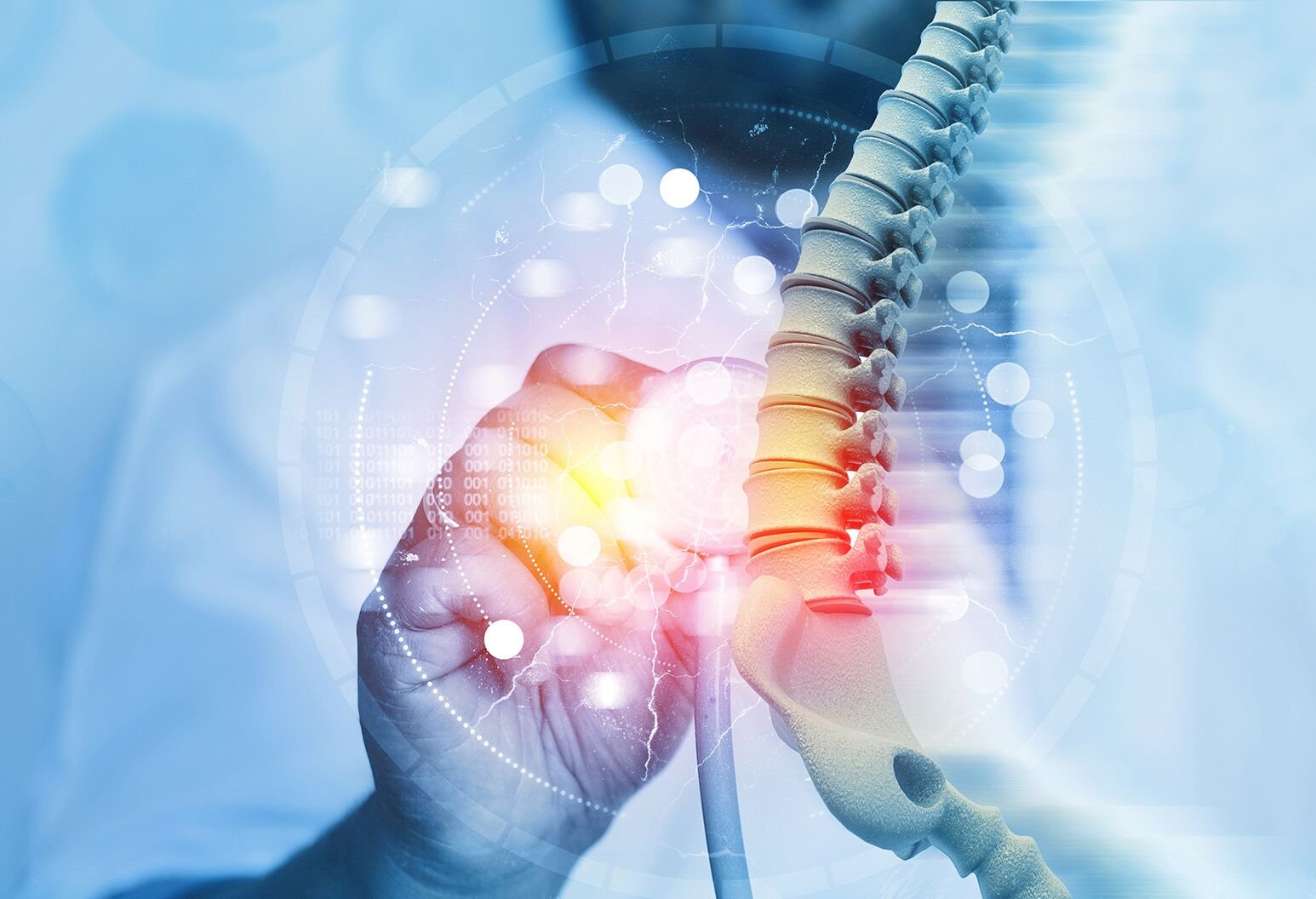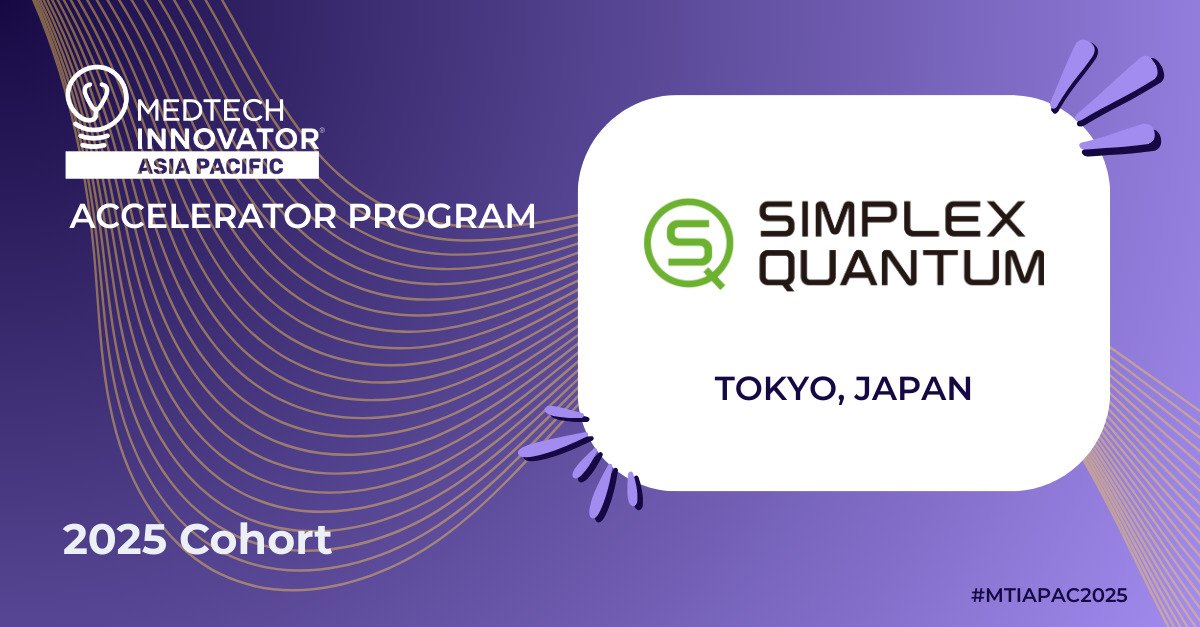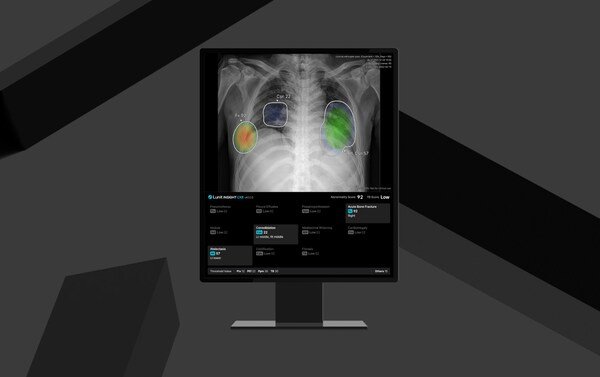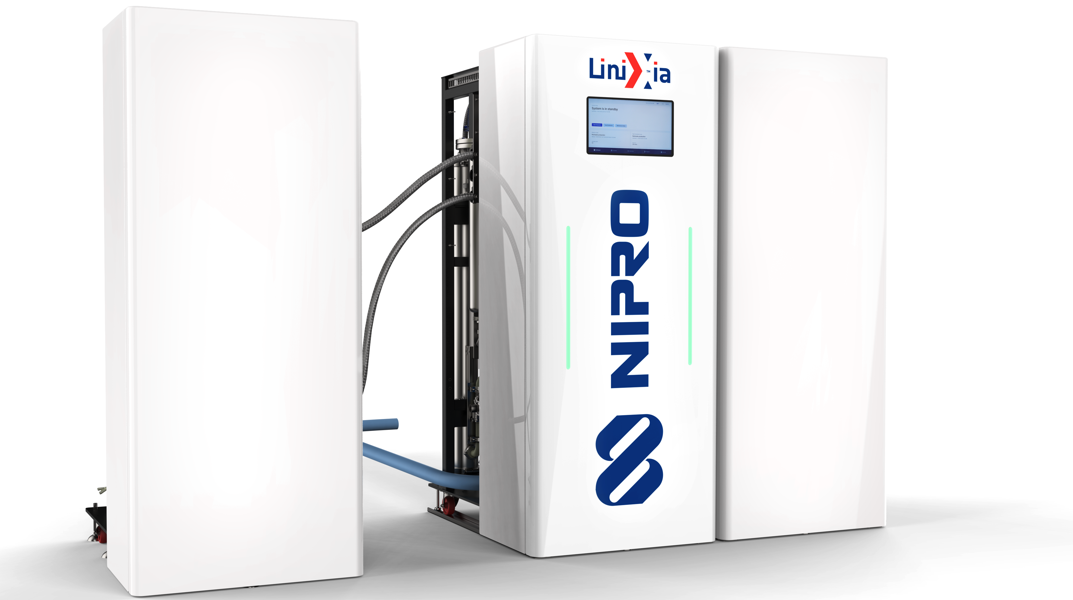Mursla Bio has launched a groundbreaking AI Precision Medicine Platform that leverages organ-specific extracellular vesicles (EVs) isolated from blood to deliver high-resolution, non-invasive diagnostics. Unlike traditional liquid biopsy approaches, which often struggle with background noise and lack spatial specificity, Mursla’s platform uniquely isolates EVs secreted by specific organs, dramatically improving the clarity and biological relevance of the data. This enables clinicians and researchers to access organ-specific molecular information—such as proteomics and miRNA profiles—with unprecedented precision, offering a transformative tool for early disease detection and monitoring.
The platform's first major validation comes from its application in liver disease, where Mursla has demonstrated the ability to isolate hepatocyte-derived EVs with high accuracy. In collaboration with Evotec and University College London, Mursla validated its approach using multi-omics data from patient samples, confirming both protein and nucleic acid markers specific to liver origin. This technological advancement powers EvoLiver™, the company’s flagship clinical program, which achieved 86% sensitivity and 88% specificity in detecting early-stage hepatocellular carcinoma—leading to FDA Breakthrough Device Designation. The platform is designed for real-world clinical adoption, utilizing familiar workflows such as PCR and ELISA to ensure seamless integration into existing diagnostic infrastructure.
The broader implications of Mursla’s innovation extend well beyond liver disease. By providing structured, biologically labeled datasets optimized for AI training, the platform enables a new era of intelligent diagnostics and personalized medicine. Mursla is actively expanding its pipeline to include cardiometabolic, pulmonary, and neurological conditions, while also engaging partners in pharma to support patient stratification, therapeutic monitoring, and biomarker discovery. This launch positions Mursla Bio at the forefront of precision diagnostics, delivering a scalable, AI-enabled solution that could significantly accelerate the development and deployment of targeted therapies across global healthcare systems.
